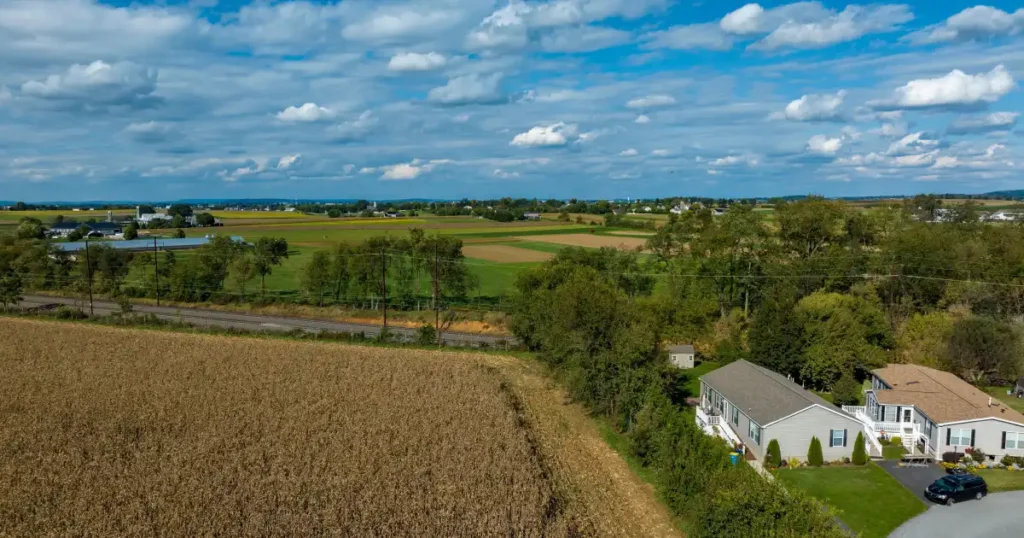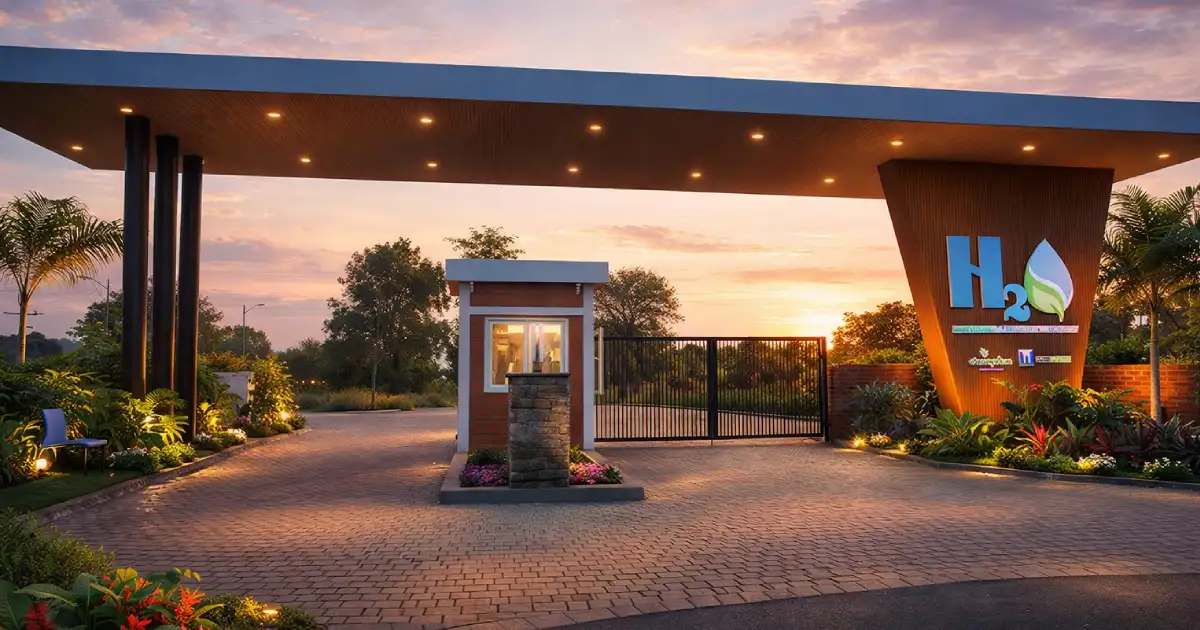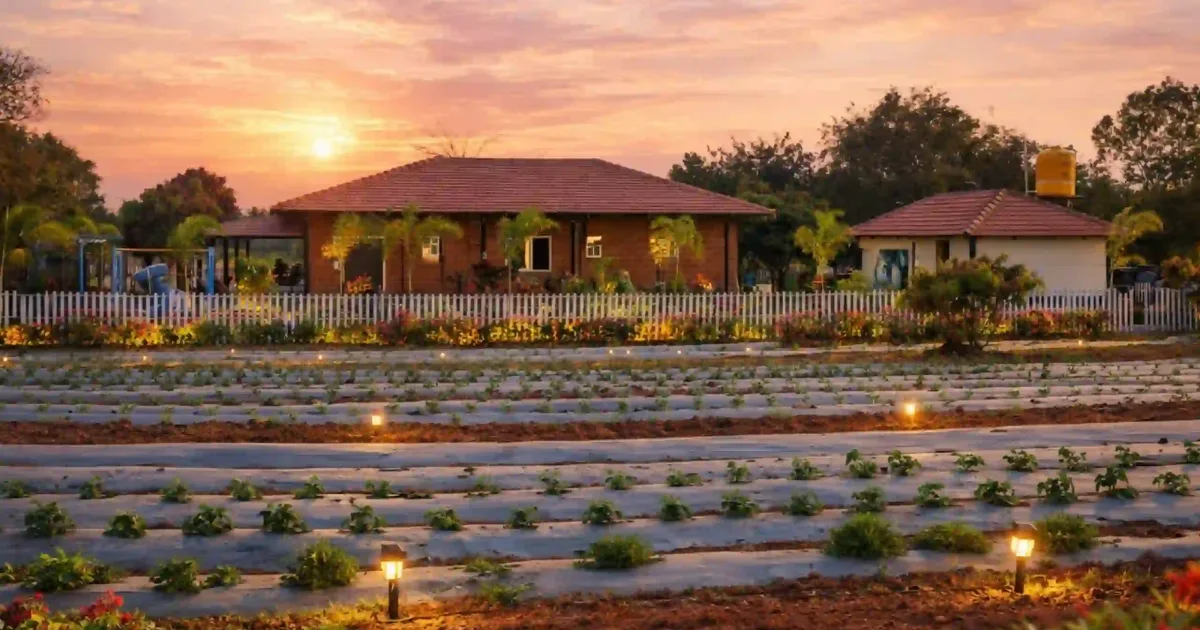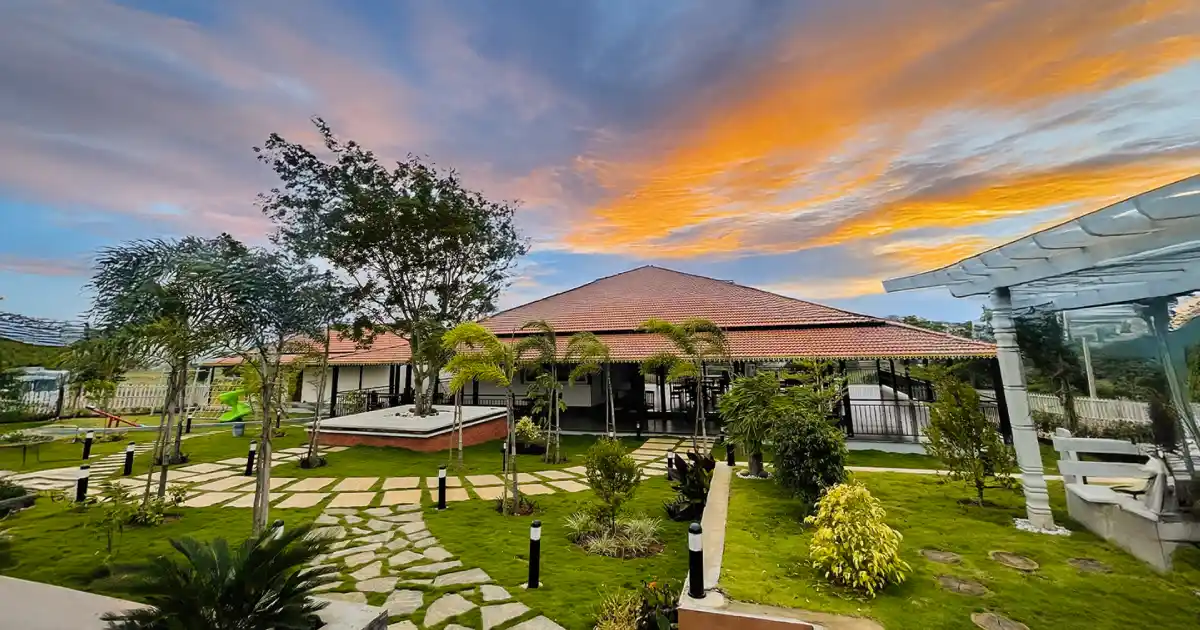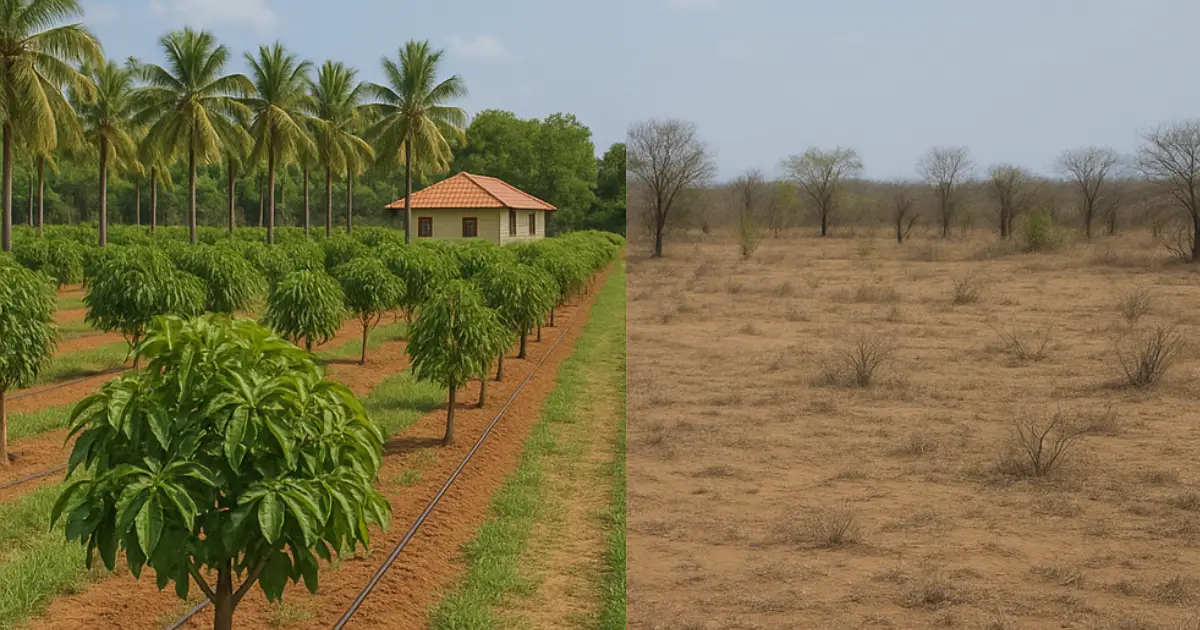In 2025, farmland investment is attracting more and more first-time investors, and managed farmland near Bangalore is leading the way. If you’re interested in passive income, real estate diversification, or even simply a green retreat from city life, investing in farmland near Bangalore might be the perfect opportunity for you. Managed farmland is where a professional management team handles the cultivation and maintenance of the land, so investors can enjoy returns without the hassle.
This comprehensive guide will break down everything you need to know about investing in managed farmland near Bangalore. We will explain what managed farmland is, the legalities involved (with guidance from government sources), the purchase process, and the 2025 trends in farmland investment.
By the end of this article, you will understand why managed farmland near Bangalore is a smart choice for first-time investors in 2025.
What is Managed Farmland?
Managed farmland refers to agricultural land where the owner does not engage directly in farming. Instead, professional farm management companies handle all the operations such as planting, irrigation, pest control, harvesting, and sales. As an investor, you purchase the land, and the management team takes care of everything, allowing you to enjoy passive income from the crops or trees grown.
Investing in managed farmland near Bangalore means you can enjoy the benefits of owning farmland – without the physical work of farming. The best part? These managed farmlands often offer long-term returns through agricultural income (often tax-free in India) and the appreciation in land value as Bangalore expands.
Why Invest in Managed Farmland Near Bangalore?
1. Passive Income Opportunities
Managed farmland investments are popular because they provide a steady stream of passive income. Whether you invest in fruit orchards, timber plantations, or even herb farming, you can earn from the land without any day-to-day involvement. In areas like Hosur, Thalli near Anekal and Denkanikottai, farmland is not only affordable but also has a proven track record of income generation from crops like mangoes, sandalwood, and other commercial crops.
Additionally, agricultural income in India is tax-free, offering a unique financial advantage compared to traditional investment options like real estate or the stock market.
2. Capital Appreciation
Farmland in and around Bangalore is becoming an increasingly valuable asset as the city grows. Areas that were once considered outskirts are now part of the expanding Bangalore Metropolitan Region. As this expansion continues, land in areas like Hosur and Thalli near Anekal is seeing significant price appreciation. In fact, farmland has outperformed many traditional real estate assets in terms of long-term growth.
3. Sustainable Investment with Positive Impact
Investing in farmland near Bangalore offers an opportunity to support sustainable farming practices. Many managed farms focus on organic farming and other eco-friendly methods that contribute to soil health and reduce environmental impact. This aligns with the growing trend of eco-conscious investing, allowing you to contribute positively to the environment.
2025 Farmland Investment Trends
1. The Rise of Eco-Friendly and Organic Farming
With increasing demand for organic produce and growing awareness of sustainability, farmland near Bangalore is being transformed into organic farming hubs. This trend makes managed farmland even more appealing for investors who wish to contribute to environmental sustainability while earning returns. Areas like Thalli near Anekal, near Bangalore, are already seeing a rise in organic fruit farms and herb cultivation.
2. Technological Advancements in Agriculture
The use of technology in farming is rapidly increasing, making farming more efficient and productive. In 2025, smart farming technologies are being integrated into many managed farmland projects. These technologies include drones for crop monitoring, automated irrigation systems, and soil sensors that help increase yield and reduce costs. These innovations make managed farmland investments even more appealing by ensuring higher productivity and better returns on investment.
3. Growing Demand for Rural Retreats
In the post-pandemic world, there has been a noticeable shift towards rural retreats and nature-based living. Many city dwellers are seeking ways to reconnect with nature, and managed farmland offers them the perfect opportunity. Investing in farmland near Bangalore allows investors not only to earn from their land but also enjoy the wellness benefits of owning a green retreat, which could serve as a weekend getaway or a retirement plan.
Legal Considerations: What You Need to Know
Understanding the legalities of farmland ownership is essential before making any investment. Farmland ownership in India is governed by state laws, and here are a few key legal aspects based on government regulations.
1. Who Can Own Farmland in Karnataka?
According to the Karnataka Land Reforms Act, there are specific rules governing farmland ownership. As per the recent amendments, any Indian citizen, including NRIs, can purchase farmland in Karnataka, as long as they meet the necessary criteria (like land ceiling limits). Previously, only those with an agricultural background were allowed to own farmland, but the repeal of Section 79A and 79B has opened up opportunities for first-time investors .
However, NRIs and foreign nationals are prohibited from directly purchasing agricultural land in India under FEMA regulations. NRIs may, however, inherit agricultural land or receive it as a gift from a relative who is a resident of India.
2. Due Diligence and Title Verification
Before purchasing farmland, it’s crucial to ensure that the title is clear and there are no encumbrances. The Revenue Department of Karnataka provides the RTC (Record of Rights, Tenancy, and Crops), which verifies the land’s title and usage. Always ensure the land is not subject to any disputes or legal challenges by obtaining an Encumbrance Certificate (EC) from the sub-registrar’s office .
3. Land Use Zoning
It’s important to verify whether the land is classified for agricultural use or if it has been converted for non-agricultural purposes. In Karnataka, land classified as agricultural can only be used for farming unless it is converted to non-agricultural use by following a legal procedure. This conversion is subject to approval from the relevant local authorities .
4. Agricultural Income Exemption
Agricultural income is tax-free in India, which provides an additional incentive for farmland investors. This tax exemption applies to income earned from farming activities, including the sale of crops, fruits, and timber. This makes farmland a highly attractive option compared to other investment types that are taxed on returns .
Step-by-Step Process to Invest in Managed Farmland
Step 1: Define Your Investment Goals and Budget
Before diving into managed farmland near Bangalore, it’s essential to define your goals and budget. What do you hope to achieve from this investment? Are you primarily focused on passive income, capital appreciation, or simply having a weekend retreat? Understanding your goal will help narrow down your options, whether you’re investing in fruit orchards, timber farms, or mixed-use plots.
Your budget will also be a key factor. Managed farmland prices can range significantly depending on location, size, and type of farm. Ensure that you set a clear budget and consider additional costs such as legal fees, registration charges, and farm management fees.
Step 2: Choose the Right Location
Hosur, Thalli near Anekal, and Denkanikottai are some of the most popular regions for farmland investment near Bangalore. These areas are not only affordable but are also rapidly growing in terms of infrastructure and connectivity. SVR Farms, for instance, offers fully managed plots in these areas, providing investors with an opportunity to diversify their portfolios and enjoy returns from agricultural income.
Step 3: Conduct Legal Due Diligence
Once you have selected a potential property, it’s essential to verify the land title and ensure there are no legal disputes. As mentioned earlier, you can check the RTC and EC at the Revenue Department for title verification . Additionally, confirm that the property’s land use classification is suitable for agricultural activities and is not subject to encumbrances or acquisition.
Step 4: Finalize the Agreement
Once the legal aspects are sorted out, you can proceed with finalizing the purchase agreement. In the case of managed farmland, you’ll likely sign an agreement with the management company to handle all farming and maintenance activities. Ensure that the management contract is clear on aspects like revenue-sharing and the duration of the management agreement.
Step 5: Registration and Ownership Transfer
The final step involves the registration of the sale deed at the sub-registrar office. This will officially transfer ownership of the land to you. Once the process is complete, your farmland will be legally yours, and the management company will take over the farming operations.
Conclusion
Investing in managed farmland near Bangalore is a smart and sustainable way to earn passive income, achieve capital appreciation, and enjoy the benefits of tax-free agricultural returns. With the growing demand for farmland and the city’s rapid expansion, 2025 presents an excellent opportunity for first-time investors to enter this rewarding asset class.
By following the step-by-step process, conducting thorough legal due diligence, and partnering with reputable managed farmland providers, you can embark on a secure investment journey. If you’re ready to get started, reach out to SVR Farms, your trusted partner in managed farmland investment.
Invest in farmland today – and watch your green asset grow!
Ready to take the next step in securing your farmland investment near Bangalore? Contact us today to explore available managed farmland options and start your journey toward financial security and passive income.

